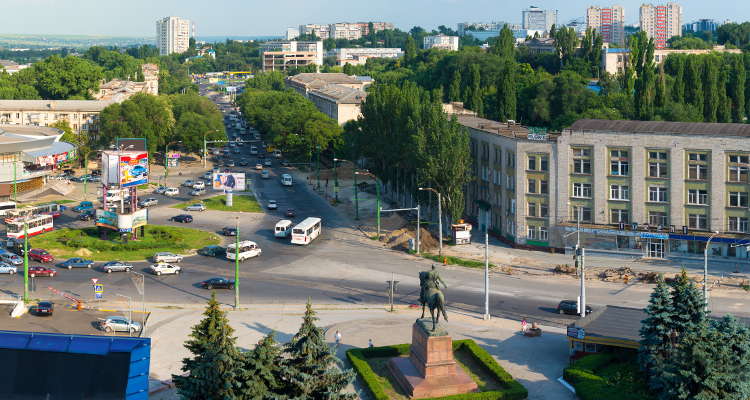The government for Moldova has passed new legislation setting out the criteria for those hoping to operate a casino in the small eastern European nation and that stipulates prospective licensees must hold capital of at least $247,600 with a minimum of $173,300 of this in cash.
Passed through parliament on December 16, the legislation also gives the state a monopoly on all forms of gambling except casinos and requires prospective licensees to have no criminal record along with a minimum of five years’ of experience.
Moreover, the legislation has placed all regulatory duties under the auspices of the Moldova National Lottery, banned advertising, set the age limit for gamblers at 21 and instituted a system for collecting taxes from winnings.
Moldova, which is surrounded by Ukraine and Romania, was a constituent republic of the Soviet Union until gaining its independence in 1991 and is currently home to around 2.9 million people. The new legislation additionally decrees that no casino in the nation can be attached to government, residential or cultural buildings and must sit at least 656 feet from a school or medical facility.
The new rules also state that gambling outlets must not be adjacent to churches, public transport stops, bus stations, underground crossings or public markets and should be in a permanent stand-alone structure with direct street access. For those hoping to operate a casino inside a hotel, the legislation decrees that such facilities must be graded to at least a four-star standard and offer a bespoke entrance for gamblers.
In terms of what games can be offered, the new measures additionally stipulate that rural casinos must have a minimum of ten real-money slots alongside four gaming tables with at least one of these dedicated to roulette. For urban facilities, the entry-level standard is to be 20 slots as well as six gaming tables with the same roulette requirement.
The fresh legislation moreover declares that every Moldovan casino must now feature at least one cash point along with a digital video surveillance system that stores images for a minimum of ten days.



